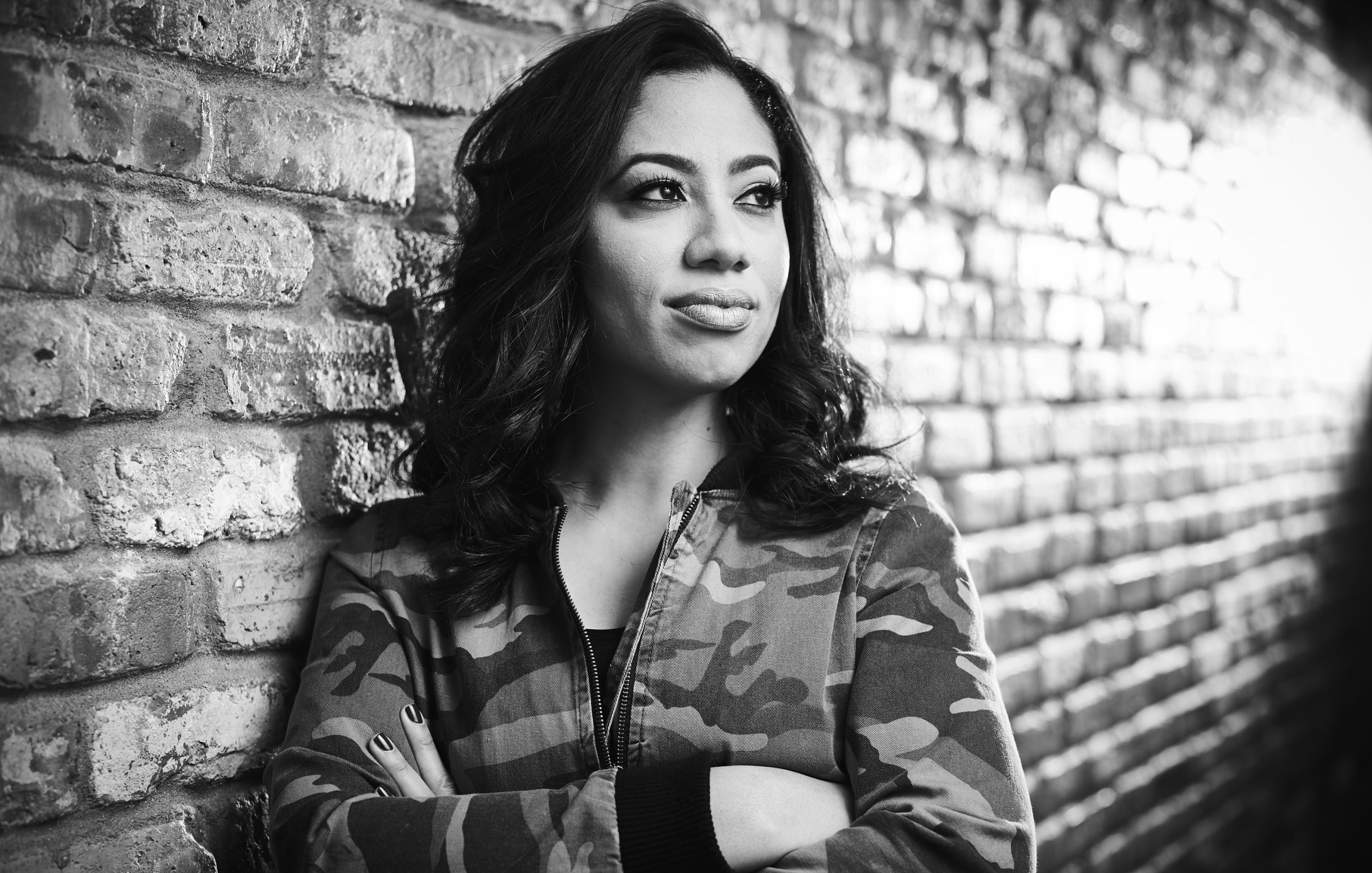In a perfect world, when a pregnant woman walks into a hospital, her skin color, race and health outcomes are irrelevant and unrelated because, in this utopia, quality health care is equitably provided.
The truth is we don’t live in a perfect world, but we all must strive to create one.
When tennis superstar Serena Williams nearly died in 2017 from childbirth complications after being ignored by medical professionals, the country restarted a much-needed conversation around disparate maternal health outcomes.
People of color, particularly Black and Indigenous women, are at heightened risk for negative birthing outcomes. Black women, in particular, are three times more likely to die from a pregnancy-related cause than white women, and babies born to Black women are more than twice as likely to die compared to babies born to white women. That’s horrifying—and unacceptable.
Too often, proposed remedies to health disparities focus on “fixing” affected populations by changing or correcting individuals’ behaviors rather than addressing the societal issues that widen disparities. Some might argue that the Black maternal health crisis is caused by pregnant people’s choices—if only they sought out more prestigious hospitals or stuck to a particular diet or wellness regimen, the situation would improve, right? Not necessarily. Data and lived experiences offer a different story.
“No one was really listening to what I was saying… Still, I felt it was important and kept pressing,” Williams wrote in a recent essay about her near-death experience.
On Chicago’s South Side, maternal care offerings are severely limited. Between 2019 and 2020, the number of South Side hospitals offering maternity services dropped from seven to three. The lack of options available to women on the South Side has created what the Chicago Tribune called a “birthing desert,” meaning expectant mothers must travel far beyond where they live to seek prenatal care.
How can we begin to address this crisis? A start would be to invest in community-based approaches that include certified practicing midwives providing Black families with holistic, culturally informed and science-based maternal health care before, during and after birth. These approaches can reduce maternal mortality and lead to improved outcomes such as lower rates of C-sections and fewer instances of pre-term or low-birth-weight infants.
Research shows that community-based approaches to maternal care, like doulas and freestanding birth centers (particularly when Black-owned), make a difference. This is why the organization I lead, Chicago Beyond, provided funding for Jeanine Valrie Logan, a birth-equity champion who works to address disparities in Black maternal health. Valrie Logan is bringing a nonprofit, Black midwife-led, culturally concordant, community-focused birth center to the South Side.
Already, Valrie Logan has made significant progress toward building the Chicago South Side Birth Center (CSSBC). She co-authored and helped pass House Bill 738 in the Illinois General Assembly, now law, that expands the number of licenses for birth centers from 10 to 17 on Chicago’s West and South sides and the East St. Louis, Ill., area.
Bringing the first freestanding and midwife-led birthing center to the South Side means that Black women will have access to the maternal health resources in the community in which they live.
The truth of the matter is that systemic failures often prevent Black mothers and babies from receiving necessary care. And though we may never live in a perfect world, investing in community-based approaches can promise that healthy and safe birthing options are available to all moms and babies.




